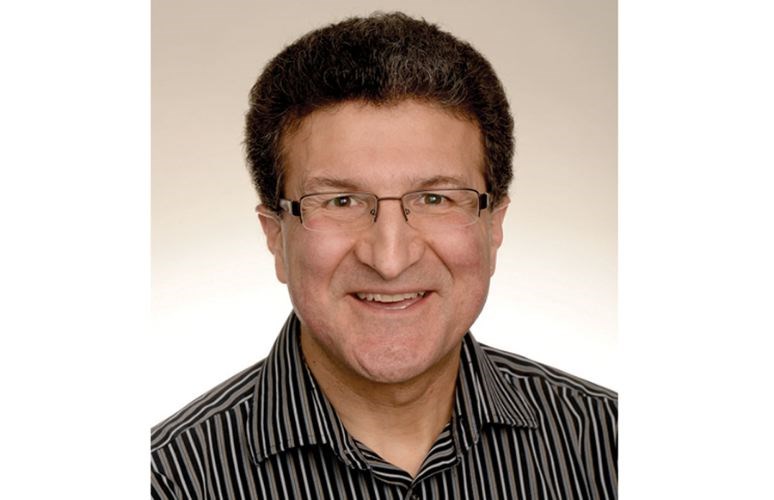According to Napoleon Hill, "One of the tricks of opportunity, (is that) it has a sly habit of slipping in by the back door, and often it comes disguised in the form of misfortune, or temporary defeat. Perhaps this is why so many fail to recognize opportunity."
What is interesting is that small children have no issue seeing the opportunities hidden in temporary defeat. When a baby learns to walk, she normally falls down, gets back up and tries again until the task is learned. When learning to speak, children make numerous grammatical errors and eventually conquer the complexities of language.
For some reason, as we get older, we begin to think that making mistakes is a sign that we are stupid and incompetent. We are embarrassed when we do not do things perfectly, and tend to stop trying. This, unfortunately, is a recipe for failure.
In teaching languages, I always try to create an atmosphere in the classroom where it is acceptable to make mistakes. I tell my students that when they are doing assignments we do not count errors because each one is an opportunity to learn. In fact, if we are not making mistakes, we are not challenging ourselves, and thus we are not learning. I then tell my students humorous stories of people who made mistakes, like the Catholic priest learning French who was asked if he had slept well. He wanted to say that his mattress was too hard, and knew that one could often make a French word by changing the pronunciation of an English word. He did not know the word for mattress, so he said, "Ma matresse est trop dure." This would translate to, "My mistress is too hard."
Needless to say, he never made that mistake again, and eventually became very fluent in French.
In her book MINDSET, Carol Dweck points out that there are two mindsets: a fixed mindset and a growth mindset. Those with a fixed mindset believe that intelligence and ability are fixed. You are either intelligent, or you are not. You are athletic or you are not. If you experience misfortune or temporary defeat, that is the end. Those with a growth mindset, on the other hand, see a temporary setback as a challenge and opportunity to learn and to get better. It is the type of philosophy that I am trying to teach my language students; in fact, I would argue that it is the mindset that one must have if one is going to learn another language.
Mistakes are inevitable, and each mistake is a valuable lesson.
Life is always presenting opportunities to us, but as Hill points out, they are not always obvious. If we are able to think as we did when we were little children learning to walk and to speak, we can embrace the growth mindset and see temporary defeats for what they really are, challenges for us to embrace and overcome on our way to achieving the amazing potential that exists in every one of us.



